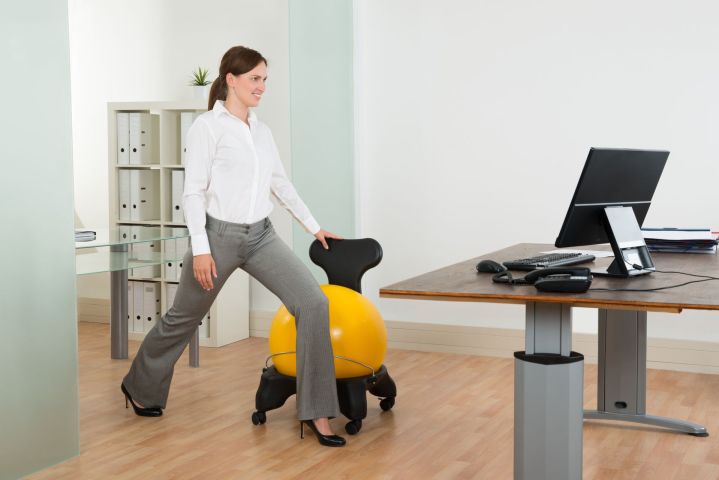
“Anything you can do to bring down glucose readings throughout the day is a good thing,” said the study’s senior author Glenn Gaesser.
The four-week study entailed just nine individuals, all adults who were overweight or obese. During their normal eight-hour work days, while taking part in the study, the subjects wore continuous blood glucose monitors and blood pressure monitors. In the first week, while the researchers were getting base levels, no changes were made.
In the second week of the study the people in the study stood for intervals during the day, increasing from 10 to 30 minutes at a time. The total standing time each day was two and a half hours.
During the third week, that same two and a half hours were spent walking at a treadmill desk set to a one-mile-per-hour pace. In the fourth and final week of the study, the participants rode stationary bikes attached to workstations, again at a very slow pace.
The results of the study showed that the participants’ average 24-hour blood glucose level decreased each week. The lowest levels were observed during the cycling days. Significantly, blood sugar levels remained lower after eating and into the evening. And during the cycling week, the lower levels persisted overnight.
This relatively small study would not have much import if it stood alone. However, relatively lower blood glucose levels observed with increasing exercise are consistent with other studies, according to Dr. Daniel Bailey of the University of Bedfordshire in the U.K. Bailey was not involved with the Arizona study.
“Studies with larger groups would be needed before we could say these findings would apply to overweight people in general,” Bailey said. Bailey also said that overweight or prediabetic subjects would likely benefit more from breaking up long periods of sitting than would people of healthy weight.



